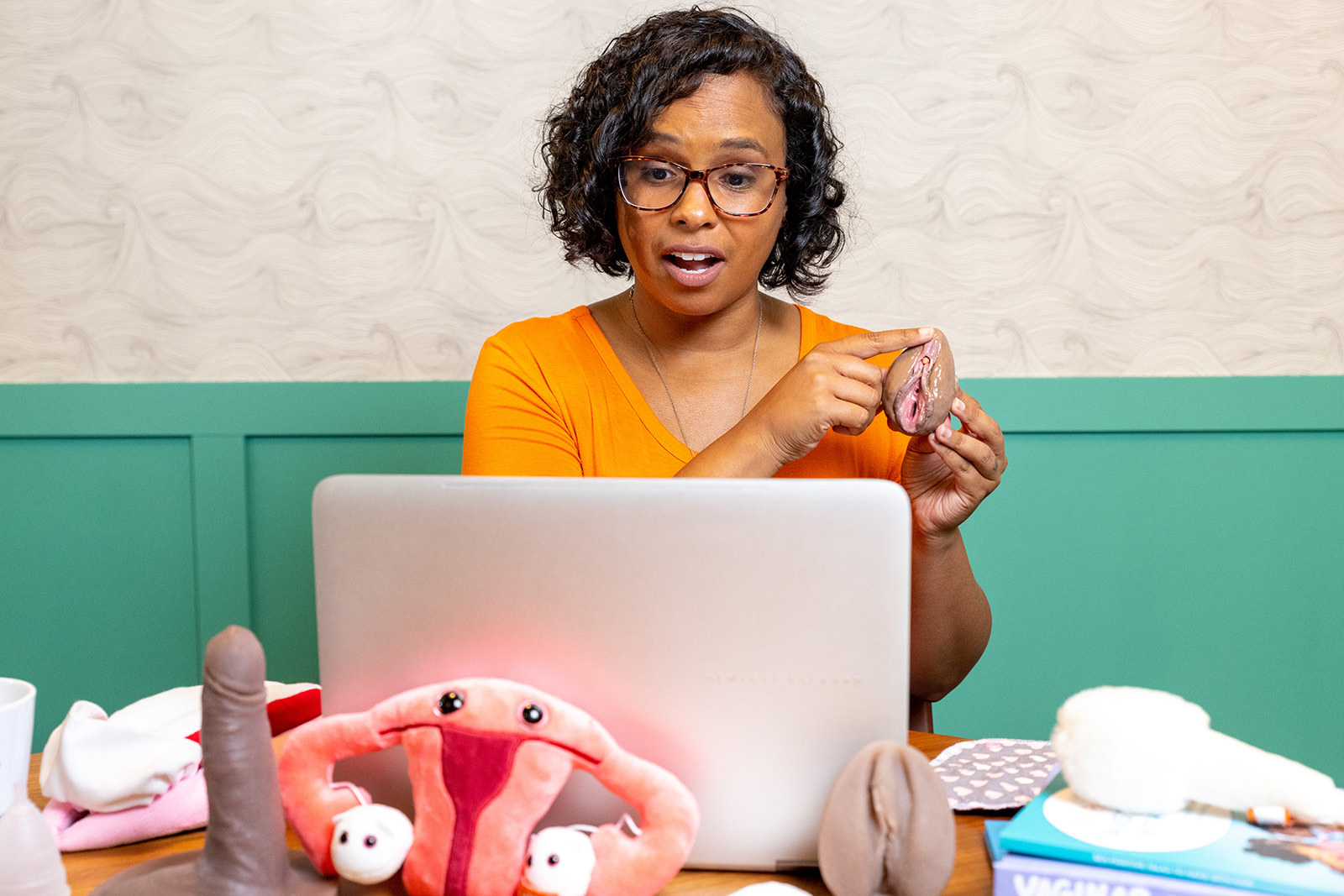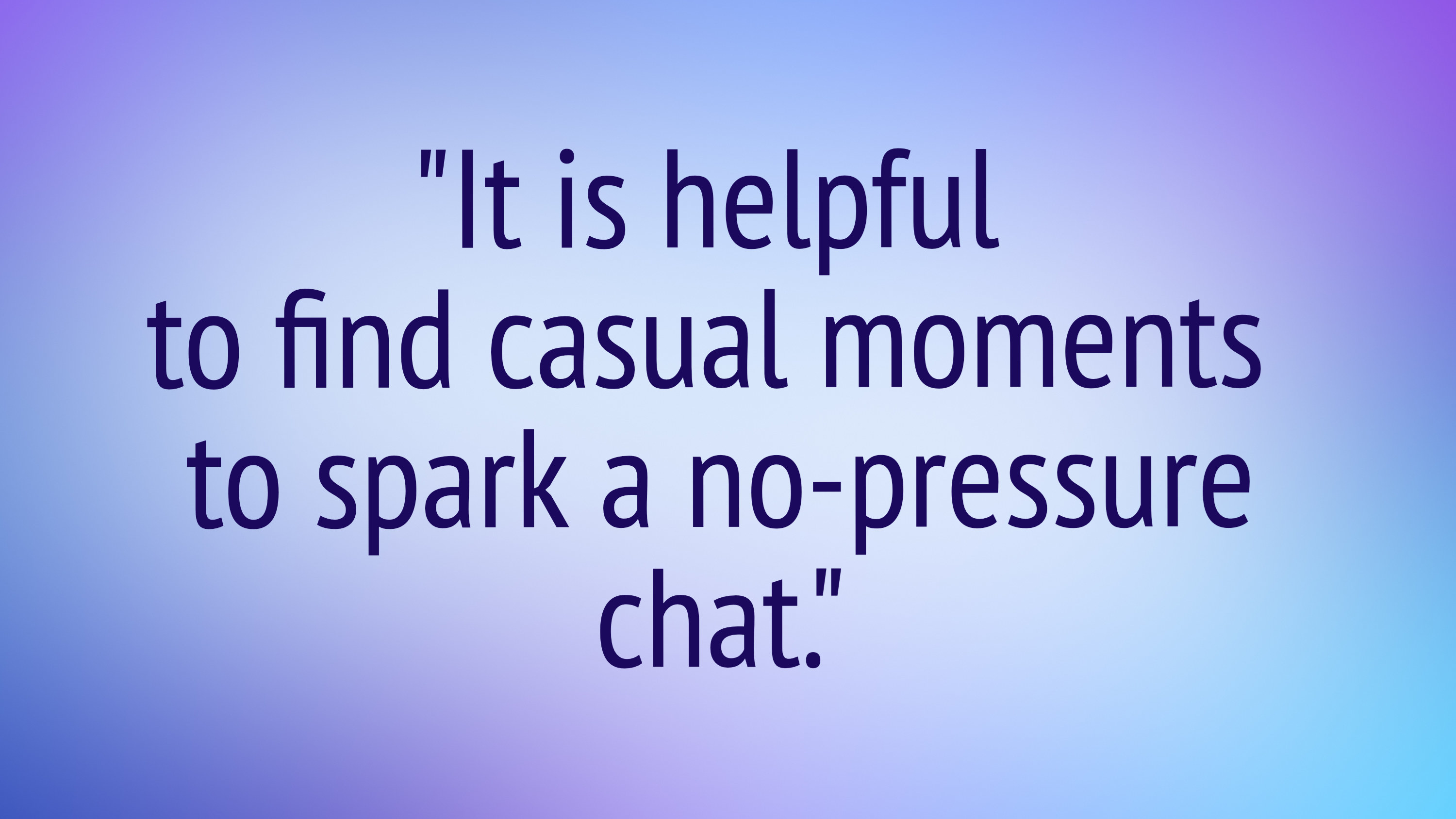Doing this can enpower them to grow into autonomous adults with their sexualities, and can help to reduce long-term impacts of sexism and discrimination against all genders. Rayka adds that it doesn’t really matter who we are, it’s about how we understand humans and the diverse ways in which they exist, regardless of whether or not we agree, want to partake, or feel like running the other way. All of these help to reduce the long-term impacts of sexism and discrimination against all genders, ranging from anxiety disorders, eating disorders, depression, abuse, and declining intentions to pursue careers in specific areas, etc. According to Rayka, more important than anything it’s imperative for us to break down sex-negative attitudes. Sex-negativity in general associates sexuality as a concept with shame, guilt, restriction, and impurity. Breaking down sex-negative attitudes and belief systems is the answer to not further creating taboos. Rayka adds that how they relate to sex positivity is more about how these topics become a part of life, how they are presented, and how they are approached. We can certainly teach kids about what consent is, how to take care of their bodies, and what characteristics to look for in healthy relationships. How we do it often determines if they feel empowered to make all of these (and their relationship to them) their own; feel capable, informed, and critically think about the things they know, see and hear. Information makes up the “what” and sex positivity determines the “how.” Making sure we include discussions of pleasure, intimacy, and other positive aspects of sexuality in our conversations can also be key in preventing sexual violence and harassment, which disproportionately affects girls, women, trans, and young non-binary folks. When it comes to children, sex positivity has a lot of protective and empowering qualities, says Rayka. It teaches children that no matter what they believe in, what kind of family they come from, what they look like, what their body can and can’t do, and whether or not they feel sexual or not — who they are and what they are is okay. For instance, young kids need short-sentenced explanations that simply answer the questions they asked. If they want to know how babies are made, it can be a simple explanation about what makes a baby: a sperm and an egg need to meet and then the baby grows in someone’s uterus until it’s ready to come out. Even with our simplest answers, we can make sure to expand the lens of sexuality, be inclusive, and go beyond limited cultural norms or biases. One example she often shares with parents involves nudity. Maybe it was common for you to hear phrases such as “go put your clothes on, it’s not OK to be naked in the house” or “go put your clothes on, it’s rude to be naked.” Things we hear, see, and are expected to do growing up can become automatically engraved into our repertoire of potential values. And she says potential values because they may not be our own values but those that were transferred onto us. Sexual taboos were created by humans so it’s up to us to question, criticize, inspect, or break them down. She states that we can’t say all taboos are bad or all taboos are harmful. This may be true for some of them but certainly not all of them. More important than anything for us is to break down sex-negative attitudes. When it comes to children, sex positivity has a lot of protective and empowering qualities. Rayka doesn’t think that sex positivity can be categorized as a black-and-white concept because what we know about human sexuality is constantly evolving. As it evolves, we evolve too, and therefore, our understanding of things is challenged constantly. Nobody by default will always be sex-positive — it’s a constant work in progress even for people who are in the field of human sexuality. So perhaps the only thing that is black and white when it comes to sex positivity is that no one can for sure say that they’ve got it figured out, or that they are 100% and forever will be sex-positive. We can be sex-positive as long as we put in the work. These are just a few of the many options that help take the taboo out of these talks. Parents can also search a directory of hundreds of inclusive resources by age, topic, and type anytime at the resources section of Sex Positive Families.





